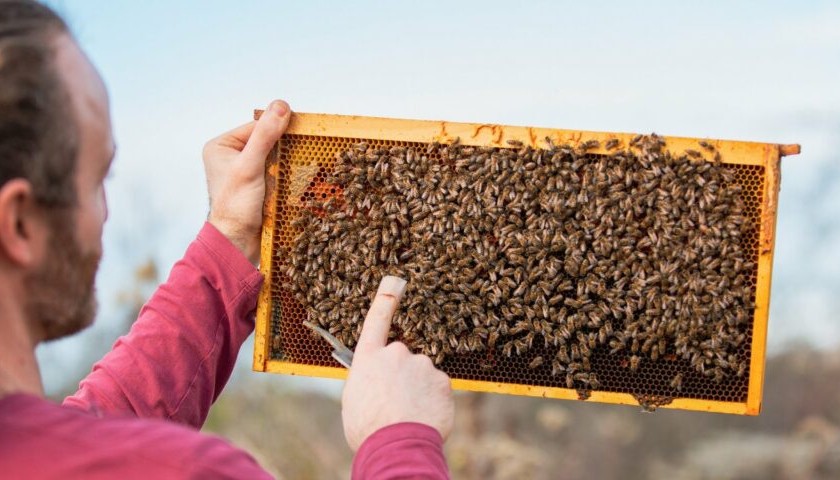
Have you ever wondered what career paths you can take to combine your job with your passion for humanitarian issues? Though everyone’s experience is different, those who hope to make a difference often find themselves working for advocacy groups, nonprofit organizations, within government, or in other mission-driven roles. However, if working in one of these spaces is not the right fit for you, you may have other career options – within a benefit corporation!
So, what does it mean to be a benefit corporation? To start, benefit corporations range widely in mission, values, and business model. Benefit corporations operate as for-profit companies with a humanitarian or environmental mission at the core of their function.
When it comes to companies who want to make a difference and operate as a business, there are two categories of benefit corporations: Certified B-Corps and Public Benefit Corporations, or PBCs. While PBCs are legally incorporated entities and must serve a “public benefit,” B-Corps must uphold different standards set by the nonprofit BLab to retain their certification. These expectations work to keep the company accountable and attached to its mission.
Regardless of certification, both strategies put the public and potential investors on notice that the company is not purely driven by profit but also by creating a social impact. Follow this link to BenefitCorp.net to find more information about the difference between the two.
On Thursday, November 11th, 2021, Drew of Drew’s Honeybees joined our Careers for the Common Good virtual event, Careers in Benefit Corporations. Drew’s Honeybees is a Public Benefit Corporation, or PBC, which means they have a legal distinction as a company working toward public benefit. The company dedicates 20% of net profits to honeybee research, education, and advocacy and advocates for a greener environmental impact by implementing sustainable business services and products.
Drew spoke highly of the work done by benefit corporations as a whole and noted the importance of always looking forward and how these companies have a responsibility to continue to do more. He mentioned his plans to eliminate single-use plastics that harm the environment in his Drew’s Honeybees packaging, among ways to minimize his company’s ecological footprint. Accountability, in many ways, is crucial to the success and social responsibility of these benefit corporations.
If you would like to learn more about careers within Benefit Corporations, visit the Careers for the Common Good Career Community website or make an appointment with a Career Coach via Handshake.
Photo courtesy of Drew’s Honeybees
